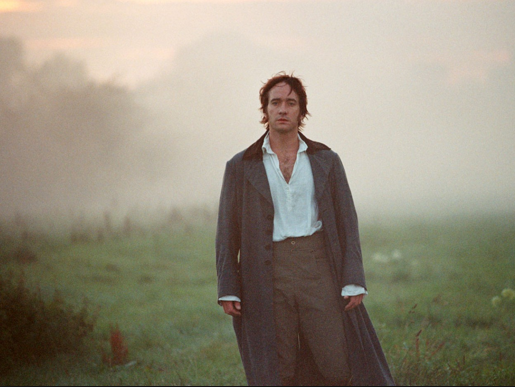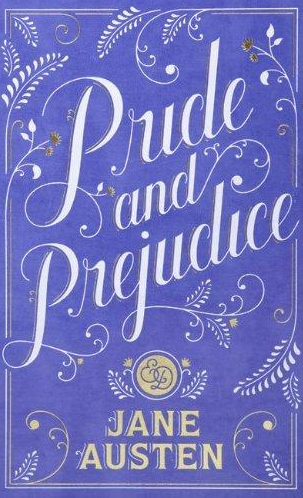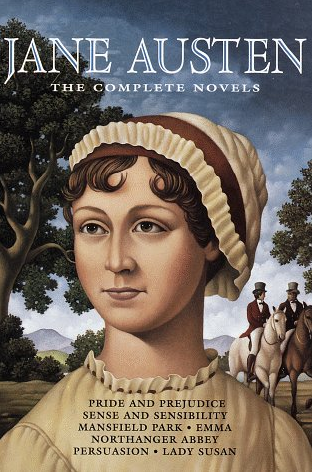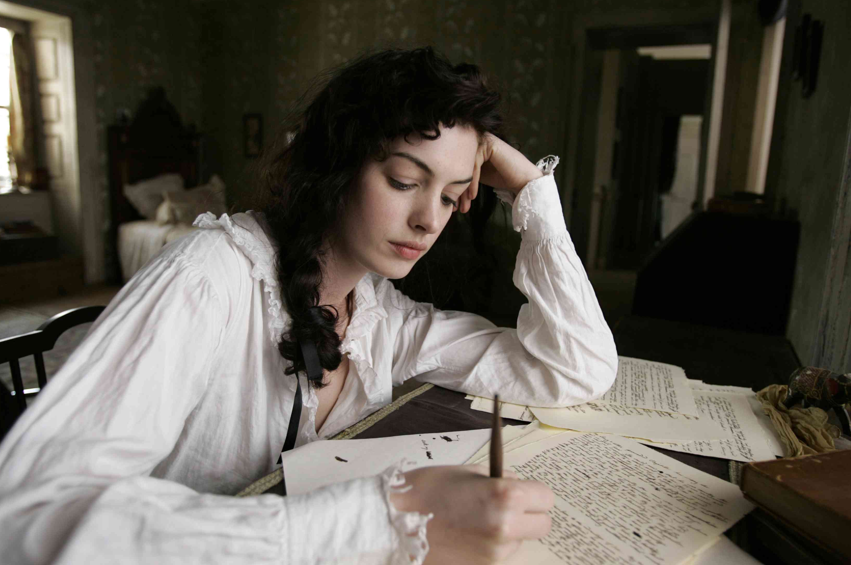I’m a Jane Austen snob. Snobby enough to think that if I lived in the 18th century, I’d be friends with Jane. She would think I’m super clever and I would learn fanciful adjectives from amiable Jane every day. I recently told someone Pride and Prejudice was my all-time favorite book. The setting in which I read the book may have had something to do with the silly smile I held for the last 50 pages. I was on the back patio of a villa, overlooking the clearest Caribbean water imaginable in Turks & Caicos. The only better venue would have been in Mr. Darcy’s mansion Pemberley, with my personal Mr. Darcy (MG) bringing me tea.
I recently read an article on how strange it is that Austen novels are considered good reads for females in the U.S., yet in England, Austen is part of grade school curriculum. In fact, a lot of English guys list Austen among their favorite authors. Maybe her writing is more flowery than concise, but she doesn’t use words frivolously. She uses words for humor and irony I was not sure women of the 18th century were capable of. Not that there were not smart ladies then, it just wasn’t wildly popular for ladies to show their intellect through writing.
Tonight I watched Becoming Jane (2007). I really like James McAvoy, Anne Hathaway, and Maggie Smith, so I liked it from the beginning. Spoiler alert: It’s Jane Austen’s biographical love story, which comes without her signature happy ending. It’s interesting how artists tend to fabricate all that they do not have. Many comedians are depressed, yet they live to make others happy. Artists are often disturbed, but their art can exhibit scenes of tranquility and peace. Writers create worlds of adventure that they would never dare come close to in reality. Austen’s novels are dramatic, but in the end, good things happen to good people. She did not know the real world to work that way. Austen wrote about idyllic marriages in a time of few idyllic marriages. A woman’s life depended on marrying well in order to maintain a reputation and have a roof over her head. Love was an added bonus, and Austen hated that it was not essential. In Becoming Jane, Austen’s love interest is that dreamy-in-a-frail-way James McAvoy. The movie makes me wonder if Austen really wanted to be married, or if she had so many fairy tales stuck in mind that no lads could or would measure up. I used to think that way. In high school I remember being asked why I didn’t date. Four reasons: 1) I was taller than 99 percent of boys 2) I swam 3) My standards were all based on Disney movies, and I could not find my teenage Simba. (alluding to New Girl…Jess claims her first sexual feelings were for teenage Simba in The Lion King.) 4) My dad incessantly threatened to clean his guns if I brought a boy home.
I cried at the end of the movie thinking of the amount of time Jane Austen spent dreaming up some of the most devastatingly romantic stories ever, without getting to live one. I know my friend Jane wouldn’t want us to pity her now. She probably lived a fruitful life with her close-knit family and achieved some literary success before her death, which is more than some great artists and authors can say. She has certainly spread a lot of joy and vocabulary through the world with her six incredible novels. I’d love to have high tea with you, Jane Austen. Then whilst we’re enjoying crumpets, a suave, wealthy bachelor with a sharp wit would drop to one knee and tell you: you have bewitched me, body and soul, and I love, I love, I love you. I never wish to be parted from you from this day on.
 |
| Come and get me, ladies. |





